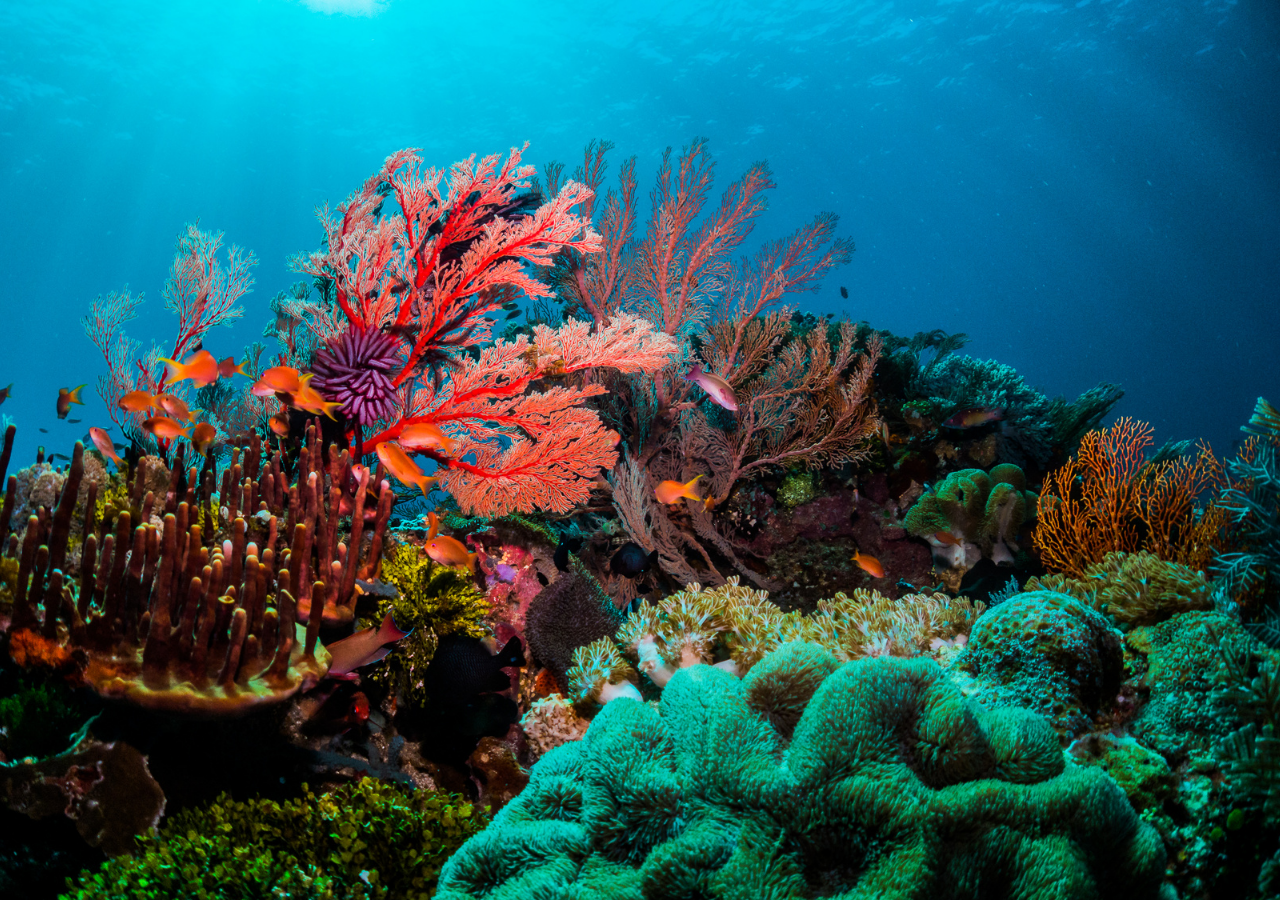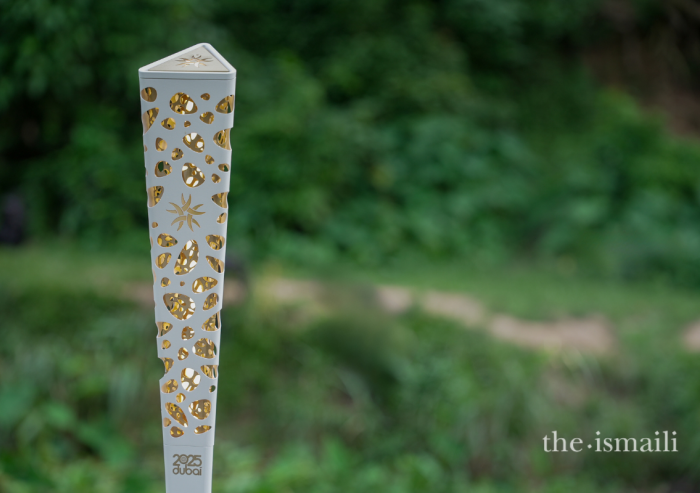Climate change is sometimes seen as an issue of the future, an upcoming event that we might feel the effects of one day. However, the impacts of climate change are already here, with increases in sea levels, droughts, wildfires, and heatwaves being observed across the world.
This time last year, the Earthshot Prize was launched to encourage large-scale change over the next 10 years — a critical decade for the Earth. The Prize aims to support the global effort to protect and restore the environment while also turning the current pessimism surrounding these issues into optimism, highlighting the ability of human ingenuity to bring about positive change.
While climate change and environmental consciousness may seem to be featured in recent news reports and conversations, it has in fact been the result of past imbalances. “Environmental justice is not a new concept. Cultures up until very recently were living harmoniously with their surroundings, taking from it enough for their families, for their communities, and putting just as much back,” said Sophia Assani, Senior Program Officer for Focus Humanitarian Assistance USA.
“There was this symbiotic relationship with nature, a deep reverence for the environment. Today, we see the repercussions of so many decades of exploitation of our environments, of others’ environments.”
Even members of the Jamat in certain regions have experienced the implications of climate change, as an increase in droughts, mudslides, glacier melting, and flooding have affected the lives of those living in the mountainous regions of South and Central Asia. Onno Ruhl, the General Manager for the Aga Khan Agency for Habitat, said, “Justice is important. Environmental pressures are enormous, and we’re in a state of severe imbalance between humanity and nature. Because there’s pressure, what that does is it puts excessive pressure on developing countries.”
“So what environmental pressures do is exacerbate inequality, and a superb example of that is the pandemic.”
According to the World Wildlife Foundation (WWF), “Sea levels are rising and oceans are becoming warmer. Longer, more intense droughts threaten crops, wildlife and freshwater supplies. From polar bears in the Arctic to marine turtles off the coast of Africa, our planet’s diversity of life is at risk from the changing climate.”
The question then becomes, what can our global society do about this crisis? How can we mitigate the effects of climate change now and into the future? How might we regain a sense of environmental justice? The Earthshot prize aims to address these questions and lead on the way forward, as we enter a new era focused on maintaining a delicate balance between the environment and its inhabitants.
It is stated in the Qur’an that individuals and societies have a collective responsibility to be good stewards of the natural world. In this vein, the Earthshot Prize mirrors AKDN’s own efforts to find solutions to environmental crises, particularly for communities who are most at risk from climate change. As a Founding Partner of the award, AKDN brings its many decades of experience working to improve quality of life in some of the most environmentally vulnerable habitats in Asia and Africa.
The inaugural cycle of Earthshot Prizes was awarded to the Republic of Costa Rica for their efforts to protect and restore nature, including doubling the country’s forests since the 1990s; Takachar from India for developing a machine that converts crop residue into biofuel and fertilizer, and reducing smoke emissions by up to 98%; Coral Vita from the Bahamas, which grows coral on land to replant in oceans, and gives life to dying ecosystems; the City of Milan for developing a city-wide food waste policy that recovers food from supermarkets and canteens to distribute to the neediest citizens; and Enapter for its AEM Electrolyser technology that turns renewable electricity into emission-free hydrogen gas, to fuel cars and planes and heat homes.
These winners, along with others working in the field of environmental protection, provide inspiration to individuals and communities around the world, and offer examples of how anyone can do more to help sustain the earth for future generations.
Galeeb Kachra, an environmental scientist consultant who works for government agencies, said, “In the longer term, consider how your career can help the environment, what you can do through civil society, and how you can get involved in reducing your carbon footprint.”
“Take inspiration and examples from the Imam’s guidance on improving Quality of Life by taking care of our environment individually and collectively. Both the AKDN and small civil society groups in our local communities offer many examples, spanning habitat, housing, and humanitarian assistance.”
Every individual, institution, and organization can commit to this endeavour and do their part, however small it may be, from recycling, reduction of waste, judicial usage of water and fuel, to advocating for zero carbon footprint. As Mr Ruhl concludes, “Don’t do nothing. Tell all your friends to do something. If everybody does something, it would be so fantastic.”








